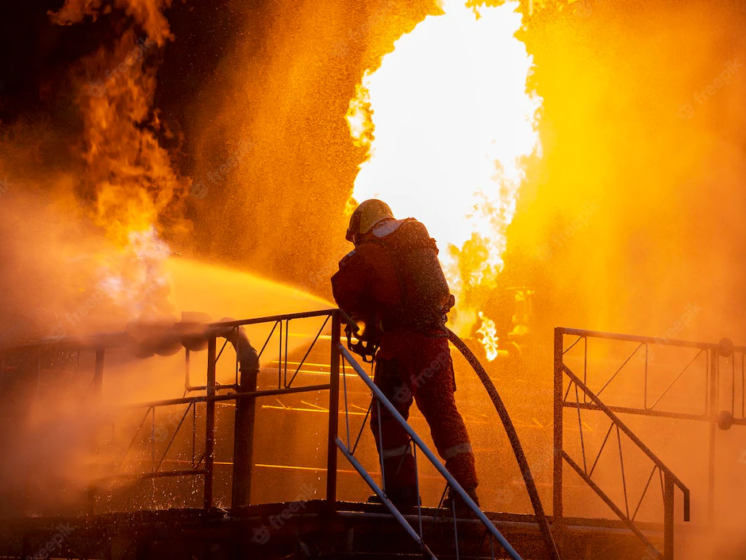The Benefits of Fire Alarms in your Home – Get one Today!

Smoke alarms and carbon monoxide detectors save lives, but many people live in homes without them. We all should be aware of how important a working fire alarm is for our homes. They save lives and can alert everyone in a life threatening emergency.
There are several types of fire alarms that are perfect for your home. They can be purely manual or electric and can have call points or sounders to alert occupants when there is an emergency. The objective of manual fire alarms is to call the fire brigade as quickly as possible. Smoke alarms are a key part of a home fire escape plan. When there is a fire, smoke spreads fast. Working smoke alarms give you early warning so you can get outside quickly.
Manual fire alarms are a basic requirement in places of employment and are commonly installed throughout buildings. They work by activating the sprinkler system once smoke particles reach a certain level. This prevents excessive fire damage and water damage.
Accident Facts about Fire
• A closed door may slow the spread of smoke, heat, and fire.
• Smoke alarms should be installed inside every sleeping room, outside each separate sleeping area, and on every level. Smoke alarms should be connected so when one
sounds, they all sound. Most homes do not have this level of protection.
• Roughly 3 out of 5 fire deaths happen in homes with no smoke alarms or no working
smoke alarms.
Smoke alarms save lives.
Smoke alarms that are properly installed and maintained play a vital role in reducing fire deaths and injuries. If there is a fire in your home, smoke spreads fast and you need smoke alarms to give you time to get out.
Here’s what you need to know!
- A closed door may slow the spread of smoke, heat and fire. Install smoke alarms in every sleeping room and outside each separate sleeping area. Install alarms on every level of the home.
- Smoke alarms should be interconnected. When one sounds, they all sound.
- Large homes may need extra smoke alarms.
- Test your smoke alarms at least once a month. Press the test button to be sure the alarm is working.
- Today’s smoke alarms will be more technologically advanced to respond to a multitude of fire conditions, yet mitigate false alarms.
- When a smoke alarm sounds, get outside and stay outside.
- Replace all smoke alarms in your home every 10 years.
Despite the fact that fire alarms do not always alert firefighters, these devices are still crucial in many cases. These devices can prevent fatal injuries and save lives, which is a major benefit of having a fire alarm in your home. In fact, it is estimated that nine out of ten fires would have been averted if smoke alarms had been installed.
In addition to saving lives, fire alarms reduce the costs of property damage. If a fire is detected early enough, it can be easily put out by trained personnel. In many instances, bystanders can also respond to an outbreak by calling the fire department. A monitored fire alarm system notifies emergency responders and dispatches fire trucks. This reduces the amount of damage a fire causes a building and reduces business losses.
Addressable fire alarms communicate with a central control panel through digital signals, often wirelessly. They can relay additional information, including the location of the fire and the intensity of the smoke. This information can make the evacuation process faster, which is important in a fire emergency.